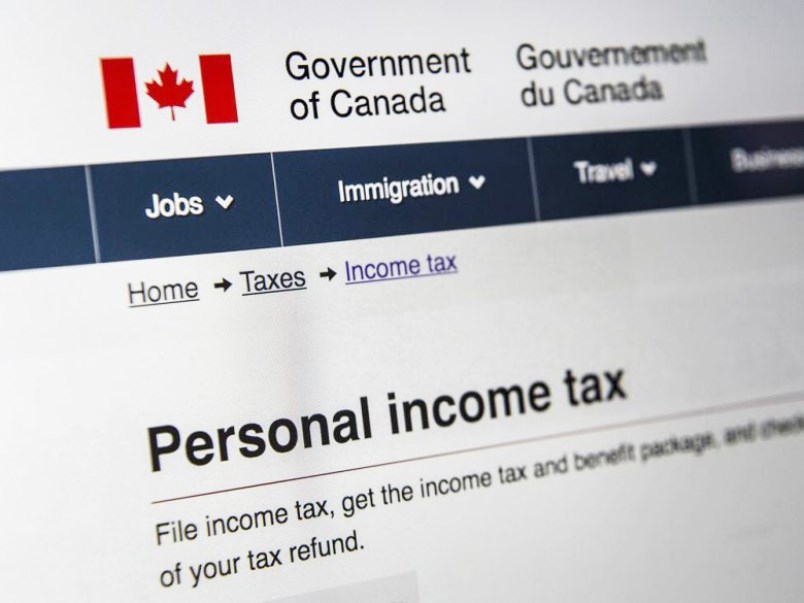The 2020 tax season was much more complicated than it traditionally is for many. With government emergency benefits offered in the wake of COVID, tax filing brought new considerations and new implications based on which government benefits you received.
Getting a tax bill can be an unpleasant surprise - perhaps even more so this year when many of us are struggling financially. If you do owe this tax season, there are some options available to manage repayment. To help, Coast Capital has put together a few tips to help you navigate your tax payments.
Payment Extensions
It was – and always is – imperative that you file your taxes on time. The longer you wait to file, the more your total bill will be as interest and other penalties start to apply.
If you do owe for the 2020 year, there is something that may provide you a bit of comfort. If you received any of the emergency benefits in 2020 and your income is less than $75,000, the CRA won’t charge any interest on the taxes you owe from your 2020 return until April 30, 2022.
So, if you don’t have the cash to pay in full right now, this will allow some breathing room. But, as a word of caution, make sure you put a budgeting plan in place so that you aren’t simply delaying the inevitable when the grace period comes to an end.
Payment Plans
If you’ve never owed money before, receiving a bill instead of a refund might be a daunting experience. If you simply don’t have the funds to pay the CRA back right away, and the above-mentioned extension doesn’t apply, you do have other options.
Individuals can arrange a payment plan with the CRA for any outstanding balances. You will likely need to supply some supporting documentation to prove that you are unable to pay the balance immediately. You can find all of that info on the CRA website.
Once you have set up a payment plan that works for you within your budget, be diligent about making those payments on time to avoid further penalties and unnecessary interest. An automated monthly payment may be helpful to ensure that you stay on track without having to rely on your memory or your will power.
Take on a lower interest rate loan
Perhaps you were unaware that CERB and CESB were taxable, and you didn’t put away a nest egg in anticipation of owing. You may just not have the money to pay now, even in instalments. If that is the case, consider your options, do the math, and chose the lowest rate option.
You can also talk to your financial institution to determine if a low interest line of credit or a small loan that carries a low interest rate might be something that can help you in the short term.
If You Didn’t File on Time
If you just didn’t file on time and you accessed CRB, CRSB, or CRCB through 2020, there are some things you will need to know.
The CRA needs 2020 tax information to determine your eligibility for these benefits that carry over, and if you didn’t file on time there will be delays in payments moving forward. Best to file as soon as you can to mitigate any interruptions in payments.
If you owe money for the first time this year and require assistance, there are options. For more information on how the CRA can help, please visit the Revenue Canada Website.
Lisa Colangelo is senior vice-president, retail banking at Coast Capital.


